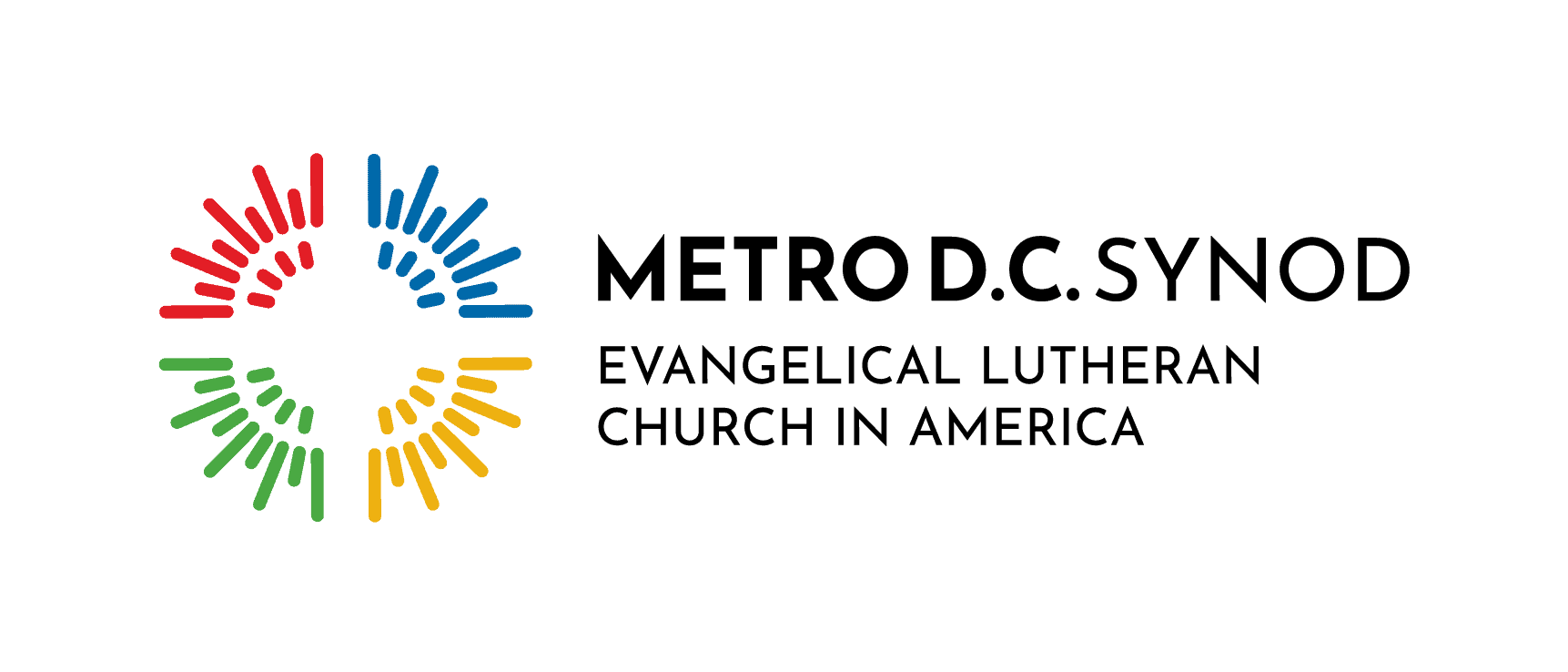For healing of the trauma

Let us share “prayers for healing of the trauma that has hit the whole community near Great Mills High and particularly for the healing of the injured Senior and the rest of [the school community],” asks Christy Hartigan, member of Good Samaritan Lutheran Church in Lexington Park, Md., which is located less than a quarter-mile from the site of a tragic school shooting on March 20, 2018 in Great Mills, Md.
“We always think tragedy won’t hit close to home, until it does,” wrote the Rev. Mitch Watney to parishioners of his congregation after reporting to the scene on Tuesday to be of spiritual service. “There is always a great urge to ask ‘why,’ to search out the cause, and to assign blame. There is a time and place for each of those responses, but right now I invite you to take stock of the gifts and resources – love, care and community support – that we must have.” In addition to participation in a Community Prayer Service held that night, Pr. Watney wants our community to be aware of tools listed below, including for “difficult conversations with family and youth.”
SOME RESOURCES
- Maryland Crisis Hotline – call 1-800-422-0009
- Substance Abuse and Mental Health Services Administration (SAMHSA) Disaster Distress Helpline – call 1-800-985-5990 or text TALKWITHUS to 66746. Spanish-speakers should text HABLANOS to 66746.
- Crisis Text Line serves anyone, in any type of crisis, providing access to free, 24/7 support and information – text CONNECT to 741741
- ChildCare Aware Infographic “After Violence Supporting Children Who Have Faced Trauma” – https://usa.childcareaware.org/advocacy-public-policy/crisis-and-disaster-resources/caregiver-and-ccrr-tools-publications-and-resources/mass-shooting-and-violence-resources/
- SAMHSA “Tips for Talking With and Helping Children and Youth Cope After a Disaster or Traumatic Event: A Guide for Parents, Caregivers, and Teachers” – https://store.samhsa.gov/product/Tips-for-Talking-With-and-Helping-Children-and-Youth-Cope-After-a-Disaster-or-Traumatic-Event-A-Guide-for-Parents-Caregivers-and-Teachers/SMA12-4732
- National Association of School Psychologists “Talking to Children About Violence: Tips for Parents and Teachers” – http://www.nasponline.org/resources-and-publications/resources/school-safety-and-crisis/talking-to-children-about-violence-tips-for-parents-and-teachers
- National Child Traumatic Stress Network
- “Talking to Children about the Shooting” – http://www.nctsn.org/sites/default/files/assets/pdfs/talking_to_children_about_the_shooting.pdf
“Restoring a Sense of Safety in the Aftermath of a Mass Shooting: Tips for Parents & Professionals” – http://www.nctsn.org/sites/default/files/assets/pdfs/csts_sense_of_safety.pdf
“Parent Guidelines for Helping Youth after the Recent Shooting” – http://www.nctsn.org/sites/default/files/assets/pdfs/parents_guidelines_for_helping_teens_after_the_recent_attacks.pdf
- “Talking to Children about the Shooting” – http://www.nctsn.org/sites/default/files/assets/pdfs/talking_to_children_about_the_shooting.pdf
- U.S. Department of Veterans Affairs “Effects of Traumatic Stress after Mass Violence, Terror, or Disaster” – https://www.ptsd.va.gov/professional/trauma/disaster-terrorism/stress-mv-t-dhtml.asp
- National Association of School Psychologists on NPR “How to Talk to Kids about Terrible Things” – https://www.npr.org/sections/ed/2018/02/18/586447438/how-to-talk-with-kids-about-terrible-things



